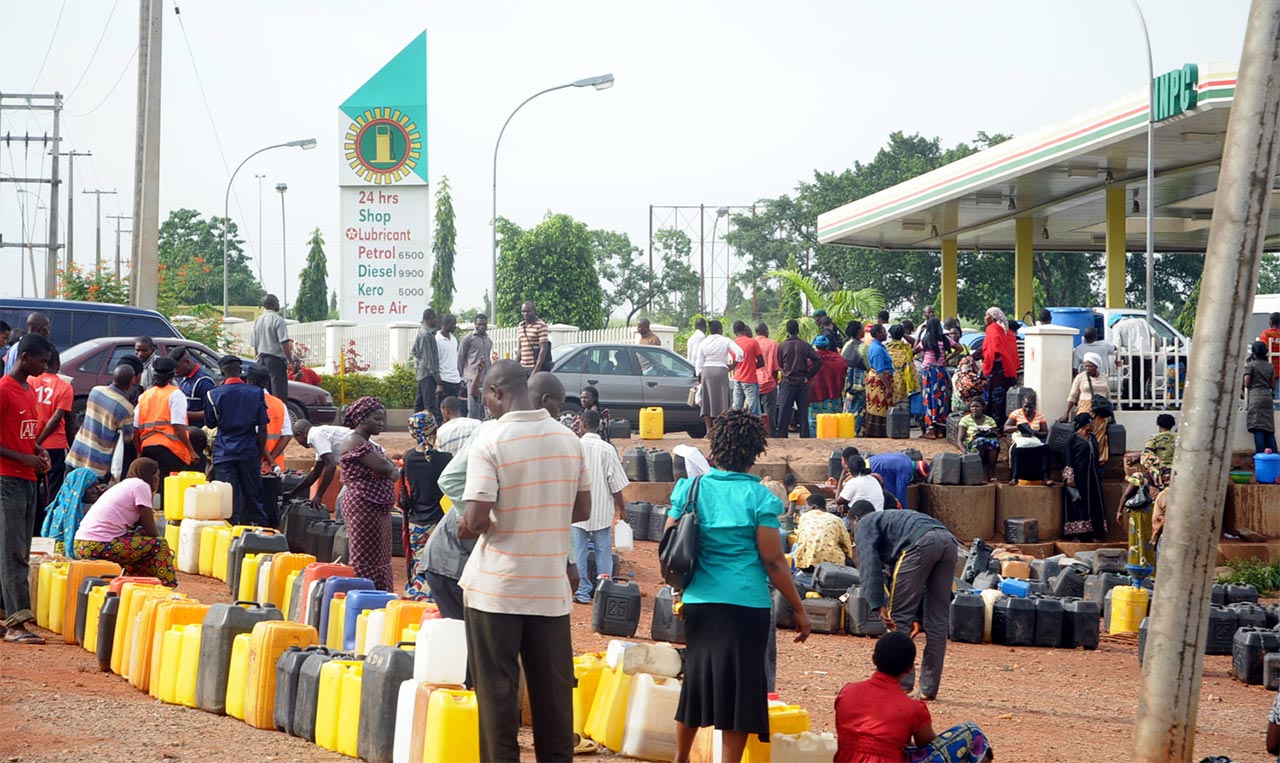
In light of the escalating concerns over the potential free fall of the Naira against the dollar and its impact on the rising price of petrol, economists have called on the Federal Government to take immediate measures to stabilize the foreign exchange market and mitigate the potential hike in petrol prices, which experts warn could reach N1000 per liter.
While market forces are a vital factor in determining currency values, economists caution against entirely relying on them, pointing to the example of Asian countries that employ interventions to safeguard their economies. To address the current situation, they propose a two-fold solution.
Firstly, in the short term, experts recommend that the government provide special concessionary FX rates to petrol importers to obtain the product at a more affordable price in the international market, thereby keeping local fuel prices in check.
However, economists emphasize that a long-term solution lies in boosting local refining capabilities. They urge the government to invest in fixing all local refineries, which would significantly reduce Nigeria’s dependence on imported fuel and ensure a steady supply to meet the nation’s demands. Additionally, they advocate for the establishment of modular refineries to augment the capacity of existing refineries.
Furthermore, addressing the issue of oil theft is paramount to meeting the country’s production quota set by the Organization of Petroleum Producing Countries (OPEC). Eliminating illegal oil activities will not only boost foreign exchange earnings but also contribute to stabilizing the nation’s currency.
Leading economists have voiced their concerns on the potential implications of allowing market forces to dictate the exchange rate, especially in an economy that heavily relies on export earnings. They stress that neglecting government intervention could spell doom for the nation’s economy, with devastating effects on the most vulnerable members of society.
Chief Economist & Partner at SPM Professional, Paul Alaje, warns that unchecked petrol prices could lead to dire consequences for Nigerians, as the cost of living would escalate rapidly. He advocates for a balance between market forces and government intervention, considering the socio-economic realities of the nation.
Managing Director of SD&D Capital Management Limited, Gbolade Idakolo, concurs with the warnings and points out that unless the government takes prompt action, fuel prices could surge to N1000 per liter due to the prevailing FX rate and international crude oil prices.
Financial analyst Aliyu llias highlights two key factors driving high fuel costs: international crude oil prices and the exchange rate. To address the latter, he suggests government interventions to increase oil production up to the OPEC quota, reduce oil theft, and boost foreign revenue. Additionally, he stresses the importance of making refineries operational to avoid importing fuel at exchange rate-determined prices.
Expressing concern over the volatility in the foreign exchange market, Dr. Muda Yusuf, Director/CEO of the Center for the Promotion of Private Enterprise (CPPE), calls for prudent management to maintain investor confidence and avoid speculative activities.
The economists also address the declining Central Bank of Nigeria (CBN) interventions in the forex market and emphasize the need for improved oversight on forex demands to curb illicit capital outflows and speculative assaults on the currency.
In conclusion, the Federal Government is urged to act swiftly to stabilize the foreign exchange market and control the rising fuel prices by implementing both short-term and long-term measures. A comprehensive approach involving government intervention, investments in local refining capacity, and measures to attract foreign investments will be crucial in safeguarding the nation’s economy and the well-being of its citizens.
Comments are closed.